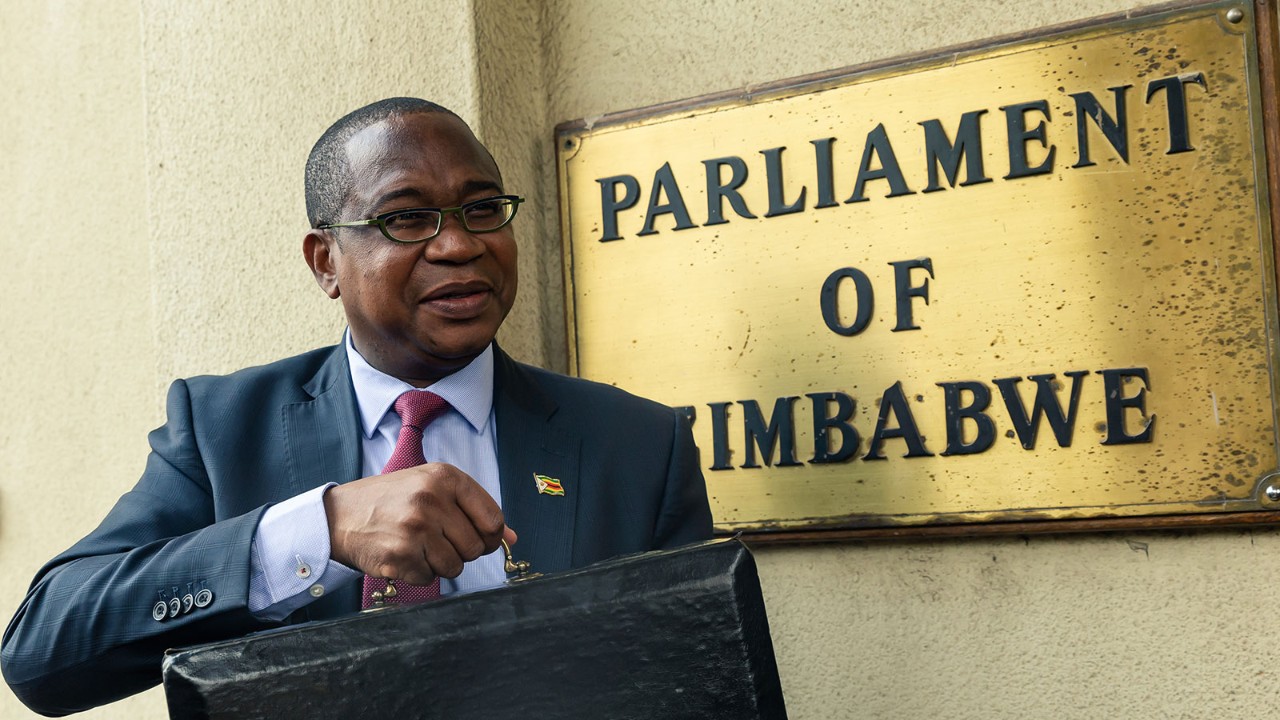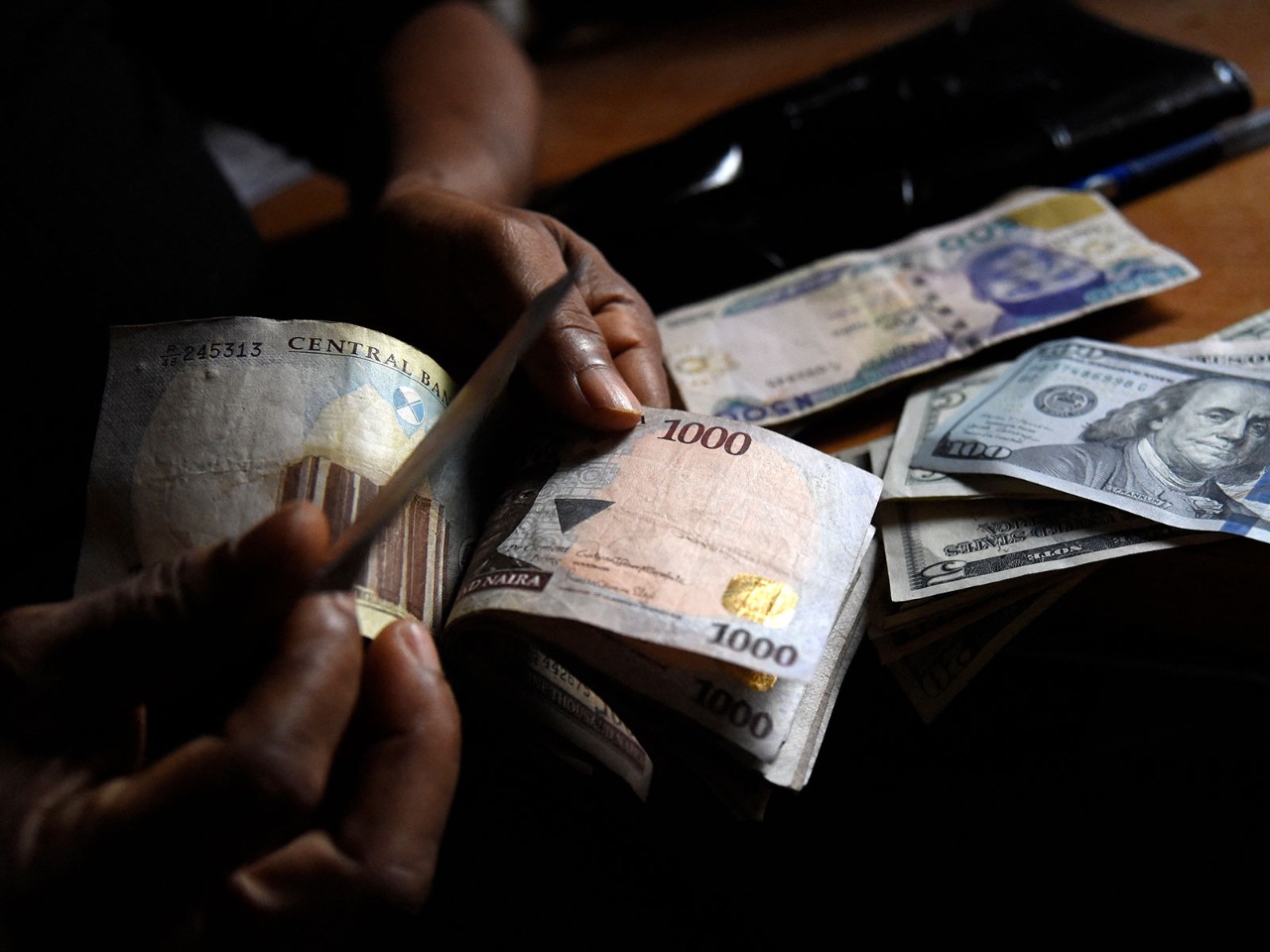
The Covid-19 pandemic has proved a challenge to finance professionals all over the world, closing business premises and operations, choking off cashflow, and generating going-concern issues for financial reporting. In Zimbabwe, though, for businesses and practitioners alike, the pandemic troubles have simply heaped more tribulations on an economy battered by decades of mismanagement.
‘A currency crisis was causing difficulty in business continuity even before Covid-19,’ says Tinashe Murerekwa ACCA, a partner at Kreston Zimbabwe.
'Zimbabweans are experts at the rarely applicable IAS 29 standard for financial reporting in hyperinflationary economies'
Before Covid-19 struck, Zimbabwe had endured decades of turmoil under Robert Mugabe, prime minister and then president in an unbroken line of political control from independence in 1980 right up to 2017. After fiscal prudence was abandoned in the late 1990s, the Zimbabwean economy deteriorated markedly, triggering decades of capital flight and corruption.
Difficult transition
The legacy of the Mugabe years remains far-reaching even though the country has since transitioned to a more stable economy. Even before the pandemic hit, Zimbabwe was suffering chronic and acute shortages of fuel and electricity, and an annual inflation rate of 540% in February 2020, according to Trading Economics, was of real concern – although well short of the 80 billion percent a month hyperinflation rate that crippled the economy in 2009.
Post-Mugabe government has undoubtedly been more fiscally responsible, but the reforms have come at a huge cost to the citizenry, and the Zimbabwean economy is not yet out of the woods. ‘There is a lot of red tape and bureaucracy,’ says Shepherd Chimutanda FCCA, managing partner of GVillage.
Murerekwa agrees. ‘Since 2018, the government has promulgated more than 1,000 statutory instruments to try to fix the economic problems. However, some of these have led to unforeseen complications, and financial reporting has not been spared.’
He explains: ‘In December 2018, things got really bad in terms of reporting for our clients. Multinational companies had big problems explaining to their head offices that their Zimbabwe branch had been issued with an adverse opinion. And those adverse opinions from 2018 and 2019 have continued, because once you have an adverse opinion it is not easy for it to fall away.’
We have been able to prepare proposals for clients to submit to financiers, with the funds they requested being released
Unintended consequences
The solutions to the country’s exchange rate crisis (see box) have had unintended effects. Murerekwa explains: ‘As an auditor, checking compliance against an argument for going concern became an unenviable task after the use of US dollars in trade was banned in 2019–20. Furthermore, after the return of the Zimbabwean dollar in February 2019, it did not take long before IAS 29, Financial Reporting in Hyperinflationary Economies, became applicable. Indeed, Zimbabweans are experts at this rarely applicable standard.’
Since then, matters have improved. The current policy of making Zimbabwean and US dollar-accepting businesses clearly indicate the exchange rate they use has helped cashflows, according to Chester Dimairho FCCA, non-executive director at Chengetedzai Depository Company.
He says: ‘The aim was to limit formal businesses from using black market exchange rates and resulted in prices in both Zimbabwean dollars and US dollars increasing. These dynamics have helped Zimbabwean businesses in general to stay afloat. Goods and services are generally priced in US dollars and then converted to Zimbabwean dollars using the official rate.’
And Murerekwa praises the government for tackling the financial drain of ‘subsidies’ and tax leakages. ‘The current minister of finance has started working on the problems that we had dug ourselves into as a nation,’ he says.
Covid crunch
The toxic combination of Covid-19 and the currency crisis resulted in an economic slowdown and falling import levels. Businesses have also had to deal with delayed payment from customers, although some are faring better than others.
‘The advantage we have all had is that the industries our major clients operate in were relatively unscathed by the pandemic,’ says Dimairho. ‘This contrasts sharply with other small businesses, which have had to close shop due to the pandemic and resulting economic hardships.’
The pandemic has also transformed how financial professionals work and help clients. ‘Life has changed significantly,’ says Chimutanda. ‘We are now doing most audits remotely, but cooperation from clients tends to be very slow, and the cycle for annual audits has shifted from first quarter to third and last quarter. This has heavily impacted our revenues. Some of our clients have closed, although we did get some insolvency work as a result.’
Like Chimutanda, Dimairho has been offering clients practical support. ‘We have been able to successfully prepare proposals for our clients to submit to financiers, with the funds they requested being released to them,’ he says.
‘These funds were not sought as a bailout, but to actually expand business operations. When I reflect on our experience so far, it is in sharp contrast to what others are experiencing on average, something which I am grateful for.’
Post-pandemic prospects
Looking to the future, financial professionals point out that upcoming elections in 2023 make predictions difficult. ‘The future is uncertain because of inconsistencies in government policies,’ Chimutanda says. ‘Most of our assignments are shifting from audit to more insolvency assignments due to the liquidation/corporate rescue of a number of companies in Zimbabwe.’
Yet there are grounds for optimism. Dimairho points out: ‘The Minister of Finance is doing a lot of work to get our economy working again. The recent disbursement by the IMF of US$961m in special drawing rights is a big vote of confidence in the policy direction our government has taken.’
Currency timeline
A history of heavily overvalued official currency exchange rates has driven spectacular currency value erosion and hyperinflation in Zimbabwe.
1980
Zimbabwean dollar introduced
2006–09
Series of currency denominations repeatedly reduce the value of the Zimbabwean dollar, culminating in the abandonment of the fiat currency and the legalisation of foreign currencies, with the US dollar becoming the currency of choice for businesses and individuals
June 2019
Multicurrency system ends with introduction of the Zimbabwean RTGS dollar


